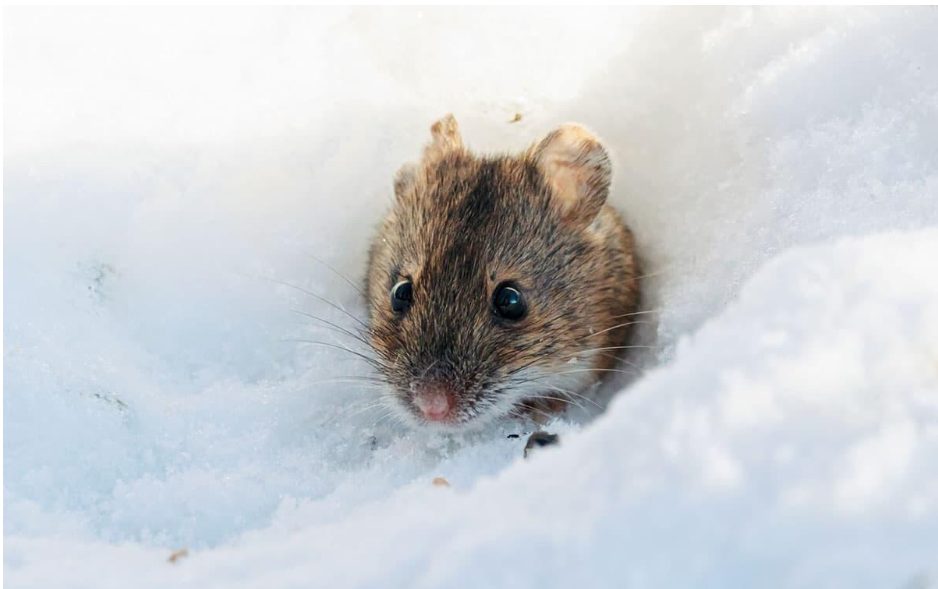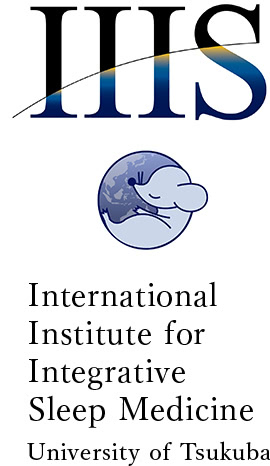
2025.10.14
Hibernation-like Hypothermia Suppresses Neuroinflammation and Promotes Functional Recovery after Brain Injury
Researchers at University of Tsukuba have demonstrated that hibernation-like hypothermia induced by activation of hypothalamic Q neurons effectively suppresses neuroinflammation and promotes neuronal survival and motor function recovery in a murine model of traumatic brain injury (TBI). Unlike conventional therapeutic hypothermia, this physiological approach does not depend on external cooling, and thus may offer a novel and more controllable strategy for TBI treatment.
Tsukuba, Japan—Traumatic brain injury (TBI), commonly caused by incidents such as vehicular accidents or falls, initiates a cascade of inflammatory responses following the primary mechanical insult. This secondary inflammatory reaction exacerbates neuronal damage and often results in persistent motor and cognitive impairments. Although therapeutic hypothermia—lowering core body temperature to limit neural injury—has attracted considerable clinical interest, conventional methods involving external cooling remain physiologically taxing and are constrained in their practical application.
To overcome these limitations, researchers at University of Tsukuba previously developed a technique to induce a deep hypothermic state, termed QIH (Q neuron–induced hypothermic/hypometabolic state), through targeted chemical stimulation of hypothalamic Q neurons. In the current study, QIH was applied to a murine model of mild TBI, leading to sustained reductions in core body temperature. This hibernation-like hypothermic state significantly attenuated the hyperactivation of inflammation-associated glial cells, thereby preserving neuronal integrity and accelerating motor function recovery.
These findings suggest that harnessing the brain’s intrinsic thermoregulatory mechanisms to induce hypothermia may provide a safer, more physiologically compatible, and clinically viable therapeutic strategy for traumatic and other neurologically induced brain injuries.
| Press Release | |
|---|---|
| Paper | EurekAlert! |
